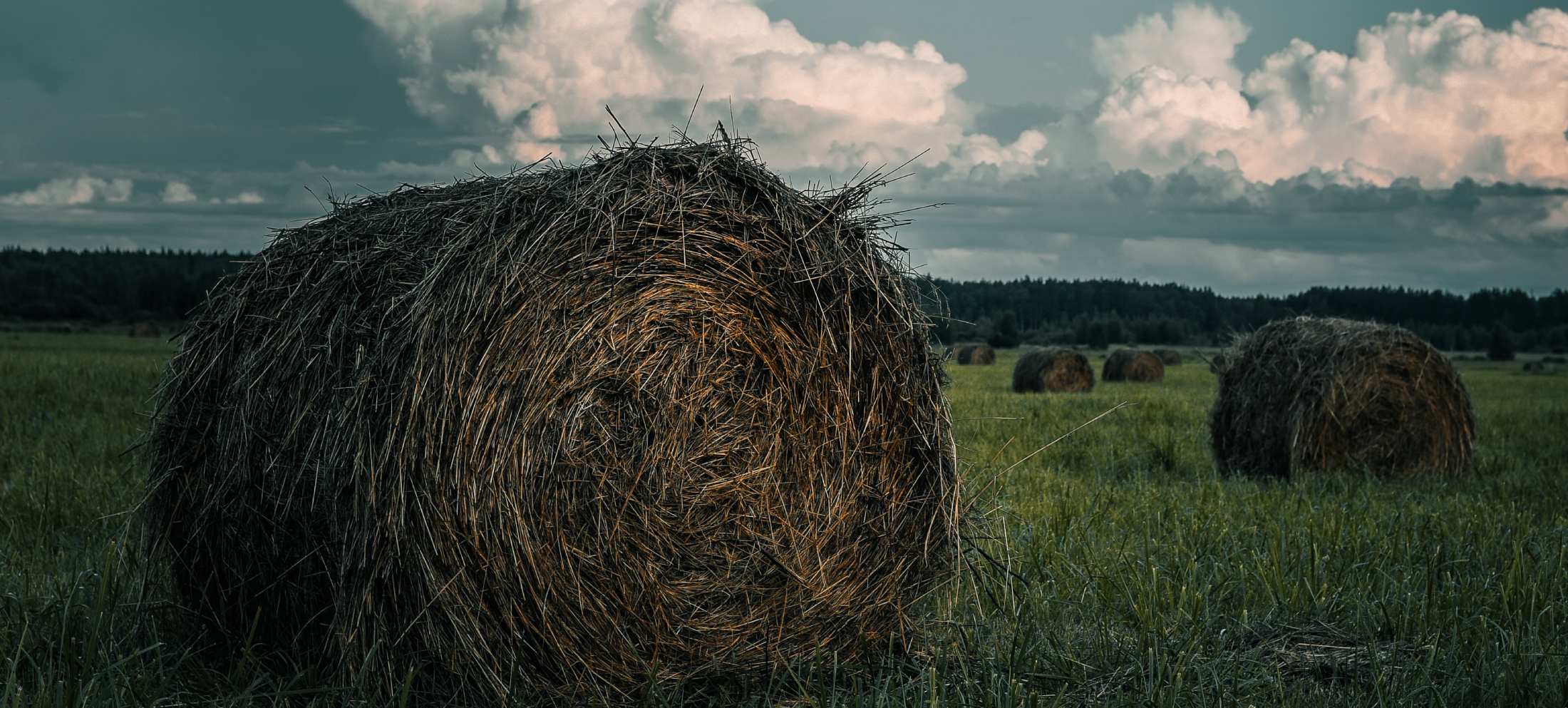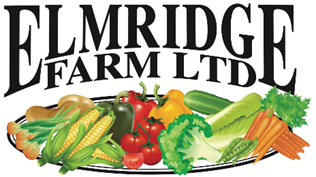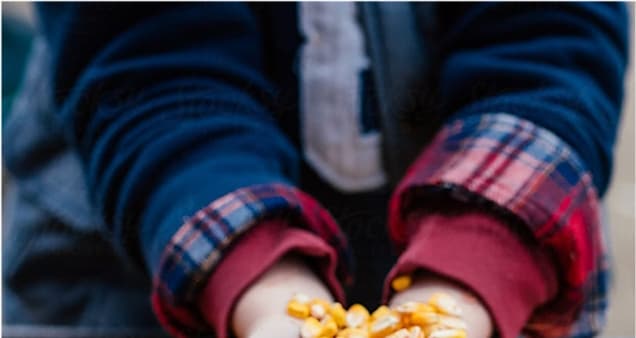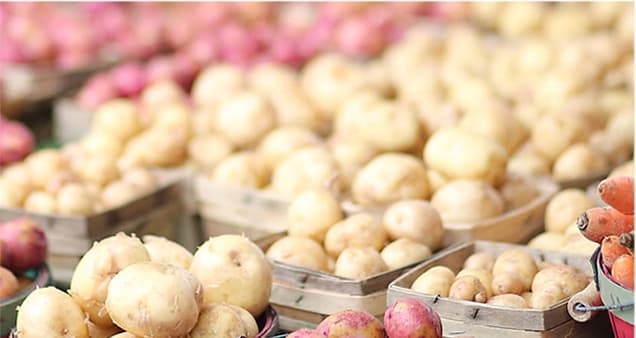
Elmridge Farm Ltd.

The first farm in our new “Farmer Profile” series is Elmridge Farm Ltd. Owned and operated by Greg and Suzanne Gerrits, their two children Gillian and James and a dedicated team of local and international farm workers. Elmridge Farm Ltd. grows a wide variety of fresh market fruit and vegetables, the majority of which are grown pesticide free.
They are a good example of doing many things right. Greg and Suzanne have maintained an Environmental Farm Plan for many years and during one of their updates, we discussed their use of a bale chopper for applying mulch on late season fields. Soil coverage over the winter is important for erosion control, but as the mulch also has the added benefit of improving organic matter and soil structure. Not many farms make this investment to protect their fields, but the benefits to soil conservation and soil health should make it an investment worth considering for annual crop production.
In another visit, Greg commented on his use of rye grass and clover overseeded in his corn fields. At that time, there was very little use of that practice in the Valley. It is becoming more common now, often with rye overseeded at the 6th leaf stage (see our News and Views article: Cover crops – not just an end of season conversation for more information on that practice). These days, any fields harvested between June and August are immediately seeded down to a barley and vetch mix. Any fields harvested in September or October are immediately seeded to cereal rye. The rye grows vigorously until the ground freezes and starts growing again early in the spring. It is mowed before planting the next season’s crops and baled for mulch to be used to protect open ground in the coming fall.
The farm is also interested in new technology. Late in 2018, after searching for ways to reduce the cost of hand weeding, Greg found a Nova Scotia startup company called Nexus Robotics developing a weed pulling robot. In the summer of 2019 Nexus set up shop on the farm. In very basic terms, the robot has multiple arms similar to what are used in a 3-D printer that are controlled by visual computer recognition of plants. The robot is “learning” to be able to effectively distinguish between crop and weeds and reach down into the row of crop plants and pull only the weeds with a pincer type of “hand”. It’s relatively easy to tell an employee to “pull this, don’t pull that” but to teach a computer how to do it right requires a lot of programming and testing. The plan for 2021 is to have a field prototype in the fields at Elmridge Farm. Hopefully we will have a chance to see it in action this season.
Elmridge Farm Ltd. also has the largest private solar panel array in Maritimes. The farm has a 100-kilowatt solar energy system which produces enough electricity to cover almost all the farm’s needs. The biggest power needs on the farm are for the coolers for the harvested crops, but there are also demands from the farm garage, lighting (much of which has been upgraded to LED’s) and electric heat in the bunkhouses for workers.
To find out more about Elmridge Farm and the products they produce, check out their website: https://elmridgefarm.com/ or find them on Facebook: https://www.facebook.com/elmridgefarm/


